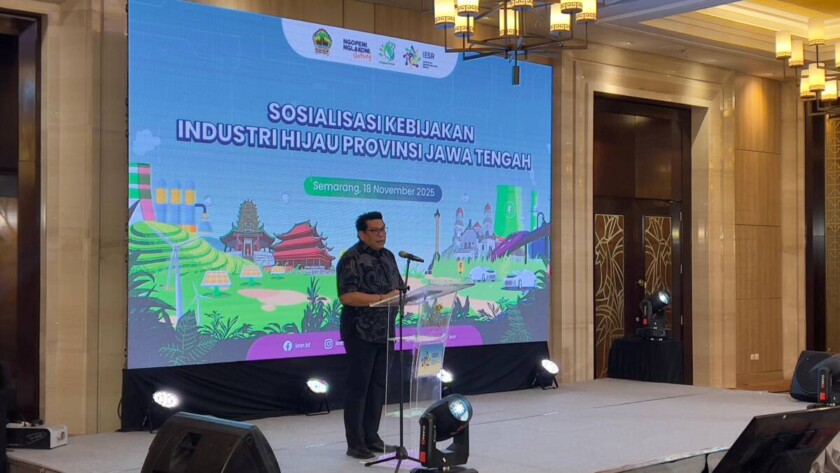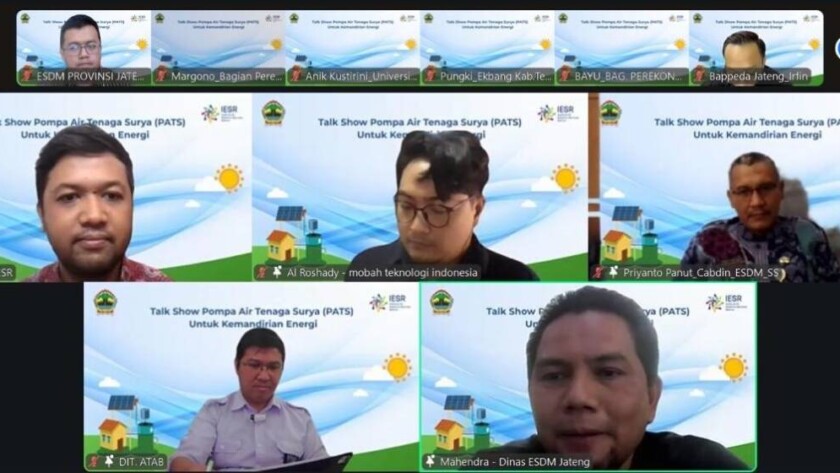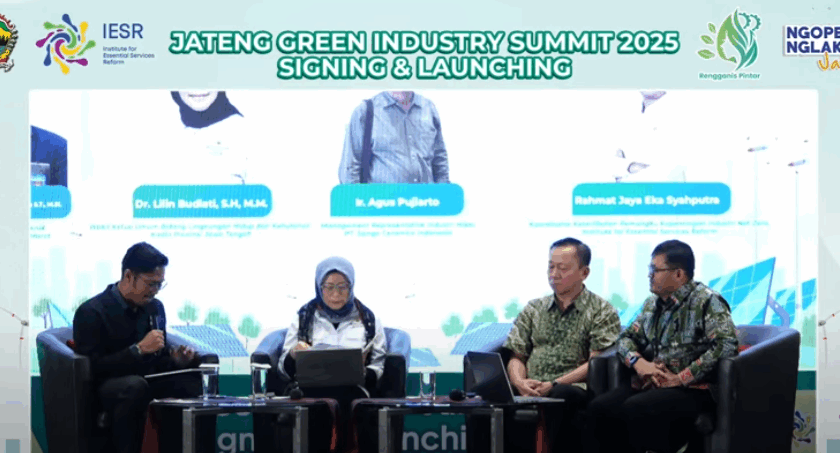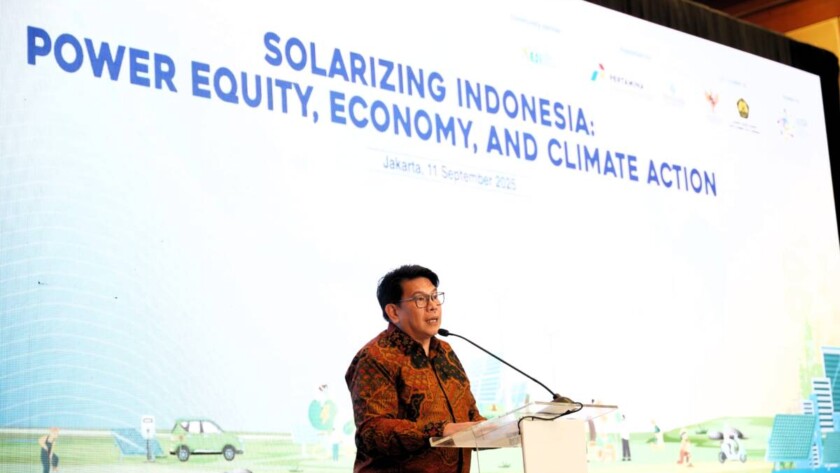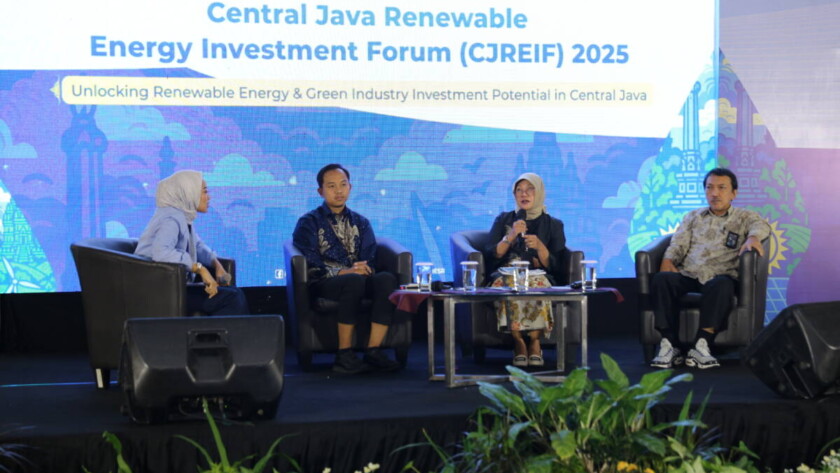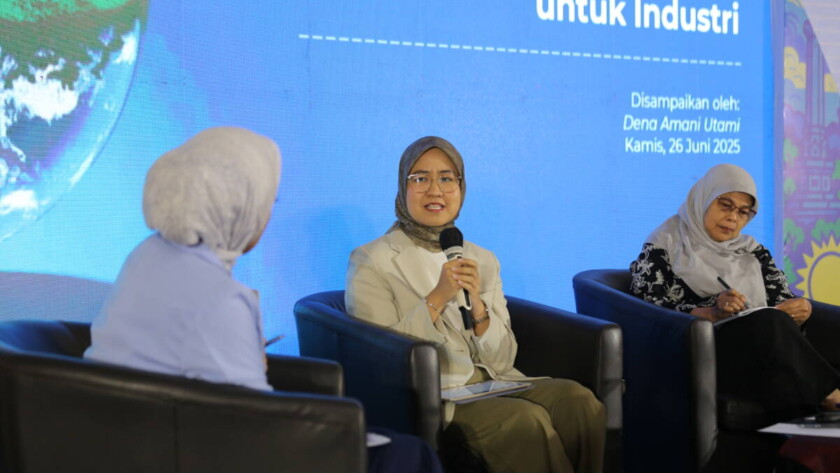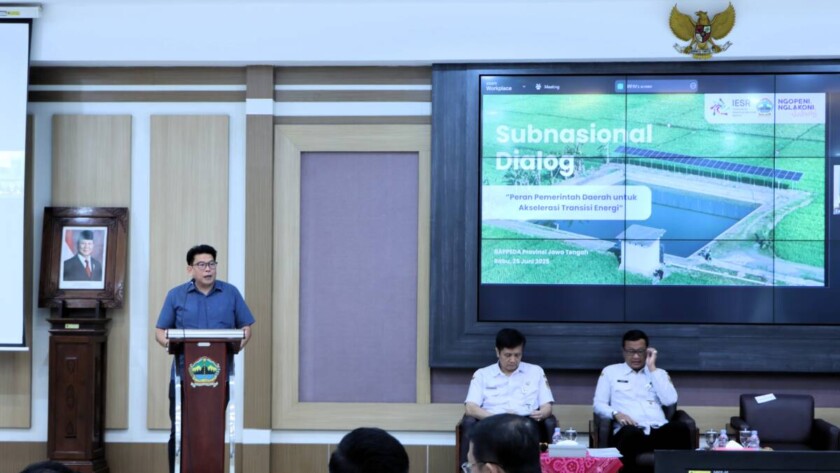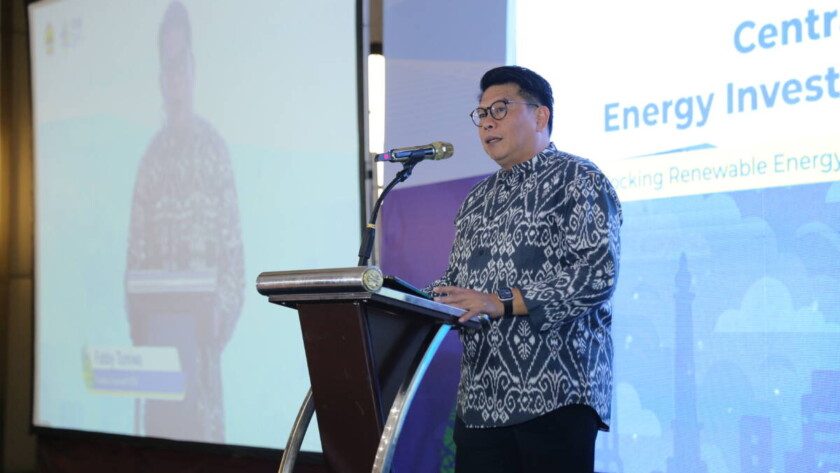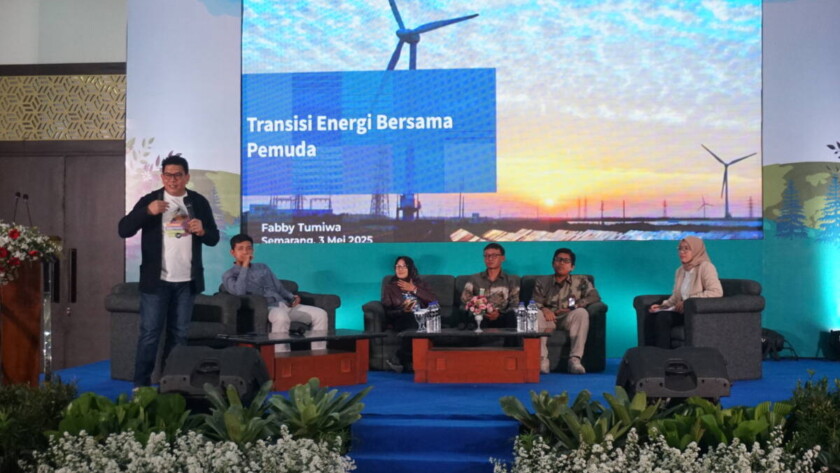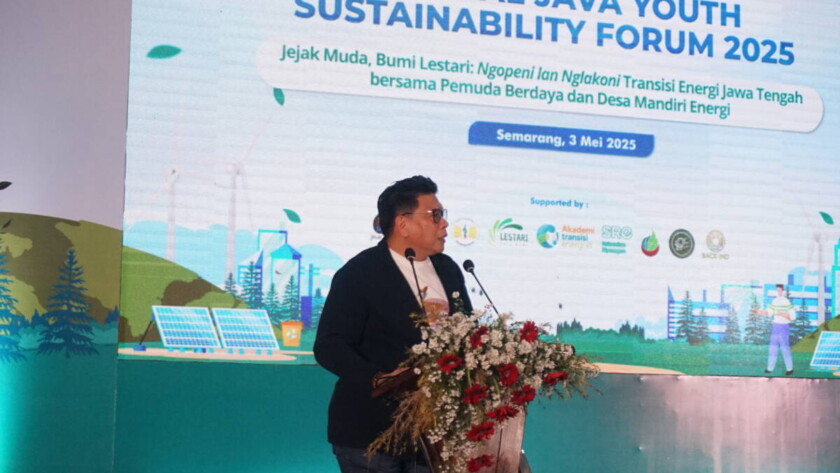Semarang, November 18, 2025 – Central Java Province is emerging as a new alternative industrial hub, following West Java and East Java. This economic growth is marked by the development of several industrial areas in Central Java, such as the Batang and Kendal integrated industrial areas. Garment, textile, furniture, and food and beverage factories also…
